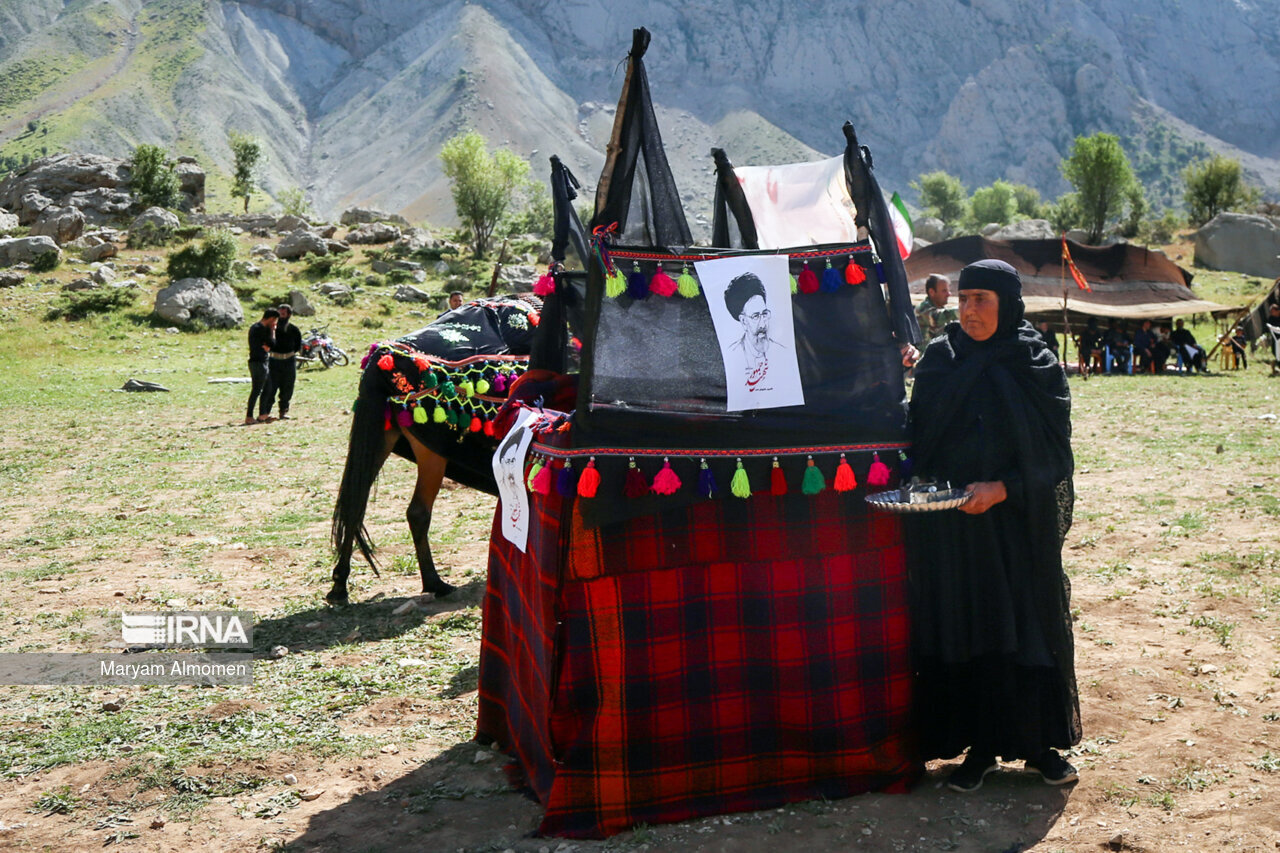Sorrow at every Iranian corner
Small funerals held across Iran following passing of President

TEHRAN - Throughout the past week, news cameras from various global outlets were focused on capturing the emotional scenes of mourning in Iranian streets, as well as the procession of dozens of foreign officials paying their respects to Iran’s late President Ebrahim Raisi and Foreign Minister Hossein Amir Abdollahian.
The media understandably gave most of its attention to the massive funeral processions taking place in Tehran, Mashhad, Tabriz, and Isfahan. After all, over 12 million Iranians are said to have shown up to bid farewell to President Raisi. Dignitaries from at least 68 countries also rushed to the Iranian capital of Tehran to express condolences. Even notable figures like the Tunisian president and Egyptian Foreign Minister made their first official visits to Iran.
Less highlighted in the media coverage were the heartfelt and intimate gatherings held by citizens in cities and villages across Iran, who were unable to attend the official ceremonies but wanted to bid their own personal farewells to the late president.
One of these many events that went unnoticed by the mainstream media was a gathering in the northern Iranian city of Rudsar, situated in Gilan Province near the Caspian Sea. The residents in Rudsar fondly remember President Raisi for his efforts in revitalizing the largest factory in the province during his time as Iran's judiciary chief.
"My son was employed at Rash Electric for years. When the factory was illegally sold, he along with thousands of others lost their jobs. Dear Raisi heard their concerns, prosecuted those responsible for the closure, and ensured my son was reinstated," recounted a 72-year-old mother sitting in the corner of a local mosque while clutching a copy of the Holy Quran. Her eyes glistened with tears as she expressed her gratitude to President Raisi.
Continuing eastward to a remote village in Mazandaran province, the residents of Khorma Kola donned mourning attire to pay their respects at the funeral of the individual who had brought them immense joy just 10 days earlier. During his brief visit, President Raisi had inaugurated a large hospital and educational center for the local community. A young villager expressed, "Among the many officials and dignitaries in our country, no one can compare to the dedication and service of President Raisi to his people."
In the northern parts of Khuzestan province, Bakhtiari nomads honored the passing of President Raisi with a traditional funeral ritual called "Kotal," reserved for esteemed individuals. Adorned horses draped in long red, green, and black fabrics moved alongside mourners singing sorrowful eulogies.
Further south in the heart of Khuzestan, an elderly woman in the city of Shadegan lamented the loss of President Raisi as an unprecedented tragedy. "I cannot express the depth of my sorrow. I dressed in black when I heard the news. We have lost a truly exceptional man who deeply cared for the less fortunate," she shared.
One of the only small and humble funerals that caught the attention of the media, was one held by Bibi Gol, an elderly woman residing in a remote village in the Chaharmahal and Bakhtiari Province. Bibi Gol had written to President Raisi in his early days in the office, asking him to help with the reconstruction of her residence which had been whittled away after years of uncanny weather conditions. Bibi Gol ended up getting a response from the president. She now lives in a new home given to her at the late president’s order but says she can no longer live her life like she used to, now that her “savior” is gone.
The less publicized events that followed the passing of President Raisi may provide insight into the large attendance at his official funeral services in major cities. What is more significant than the presence of high-ranking officials paying their respects to the president is the genuine sorrow expressed by the people. President Raisi was dedicated to serving his people, with little concern for publicity and fame, yet ironically gained them through his sincere efforts.
Leave a Comment